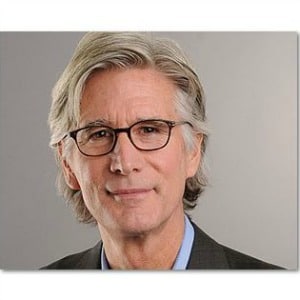
(By Bob McCurdy) It had been a while since I’d heard the line, “So what and why should I care?” but it resonated as much earlier this week as when I first heard it. A successful agency owner referenced it while discussing the art of writing effective copy.
He uttered this phrase in the context of the copywriter mastering the art of “reduction,” making the commercial as long as necessary, but as short as possible and eliminating all extraneous verbiage. His point: Let nothing get in the way of “tight.”
There are several takeaways from these seven words that can make us more productive radio professionals.
The three key principles in media planning are “impact,” “targeting,” and “presence.” Keeping the “So what and why should I care?” line in mind when crafting copy addresses two of them: impact and presence.
Impact from the standpoint that a tighter, more focused commercial will likely be more effective in this era of splintered attention.
Presence from the standpoint that tighter, more focused, and shorter commercials cost less than longer, bloated ones.
Shorter, focused, and less expensive commercials enable an advertiser to maintain presence for longer periods of time. This presence leads to what’s known within the media planning community as “acceleration”. Acceleration is based on the premise that advertising campaigns typically become more effective the longer they air. The reason for this is simple, being on the air keeps an advertiser’s message in the public’s ear.
When it comes to copy, why say more when there are benefits to saying “less”, more powerfully and economically? So saying less might actually enable an advertiser to say more by contributing to an advertiser’s continued presence, where more via the principle of acceleration is truly more.
But keeping the “So what and why do I care?” line firmly in mind when in front of clients is also important.
Salespeople should never lose sight of the fact that it is never about them but about the client to whom they’re speaking. Phrases like “We have more…” “We’re number one…” “My rating is…” “We’ve been…” “They are…” “I just…” are often counterproductive and met with a “Why should I care?” response, as every time we use the word “we,” “they,” “I,” or “my” it becomes less about them. If a fact can’t be followed up with an obvious benefit specific to the client, it is likely better off remaining unstated.
By the way, “as long as necessary but as short as possible” not only applies to copy but our decks as well. Knowing what to leave out can be more important than knowing what to include. As French writer Antoine de Saint-Exupery once said, “Perfection is achieved not when there is nothing more to add, but when there is nothing left to take away.”
By remaining hyper-focused on our clients marketing challenges and our solutions to these challenges, it will be easy for them to understand why they should indeed care.
Good things will surely happen by keeping the phrase “So what and why should I care?” firmly in mind when communicating with clients and crafting copy.
Bob McCurdy is The Vice President of Sales for the Beasley Media Group and can be reached at [email protected]





